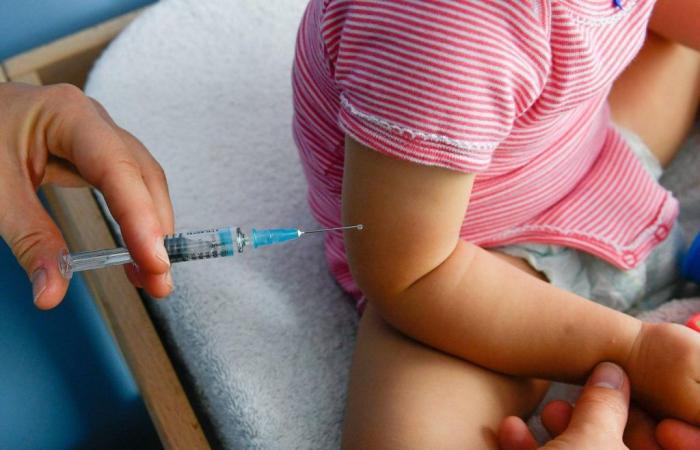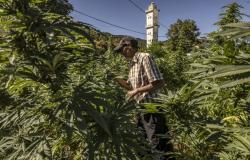Two babies under three months died in Montpellier on Monday June 17 following a malignant form of whooping cough. It has been several weeks since cases of contamination from this respiratory infection have increased in France and Europe.
Faced with the increase in cases of whooping cough, doctors are alerting the population to the importance of quickly recognizing and detecting the disease to prevent its spread.
According to the Pasteur Institute, 1 infected person transmits the disease to 15 other people on average. For this reason, whooping cough is much more contagious than measles. Between January and May 2024, around 5,800 cases of this infection were recorded.
Three phases of the disease
Whooping cough is caught through the air (spray, secretions, etc.), during direct contact with an infected person. In France, transmission generally occurs within the family or in gathering places.
From the first suspicions, doctors advise confirming the infection by a PCR test for example. But it is not easy to recognize it. Generally, when a person is infected with whooping cough, they are initially asymptomatic. However, during this incubation phase, nasal discharge may occur.
The infected person then develops a persistent cough, a characteristic symptom of whooping cough. During this so-called paroxysmal phase, the patient may experience asphyxiating coughing fits leading to vomiting. In the absence of treatment, this phase can last up to three weeks, according to Santé Publique France. This stage is particularly dangerous in infants in whom coughing can cause apnea.
In adolescents and adults, these coughing fits occur especially at night. Finally whooping cough ends with a convalescence phase, more or less long, depending on the patient’s immune state. In young children, complications such as pneumonia or seizures may occur.
Antibiotics and vaccines
For the moment, only antibiotics guarantee effective treatment of whooping cough. They are also strongly recommended for all people who have come into contact with a patient, even asymptomatic, if they have not received a booster vaccination in the last five years.
Another way to prevent infection: the vaccine. The Pasteur Institute reminds that “The first vaccination in children is given at the age of 2 months, 4 months and 11 months. Then a booster at 6 years old and another between 11 and 13 years old. In adults, a booster is recommended at the age of 25 (catch-up recommended up to age 40). “.
The vaccine is also recommended for pregnant women to protect the newborn before their own vaccination. It is recommended to do it between 20 and 36 weeks of amenorrhea, and this, with each pregnancy. If forgotten, parents can get the vaccine again during the postpartum period, until the baby is six months old.
Despite these protective strategies, neither the vaccine nor an infection can guarantee lifelong immunity against whooping cough. This is why, remind the health authorities, wearing a mask, particularly in enclosed places and in the presence of vulnerable people, remains strongly recommended.






